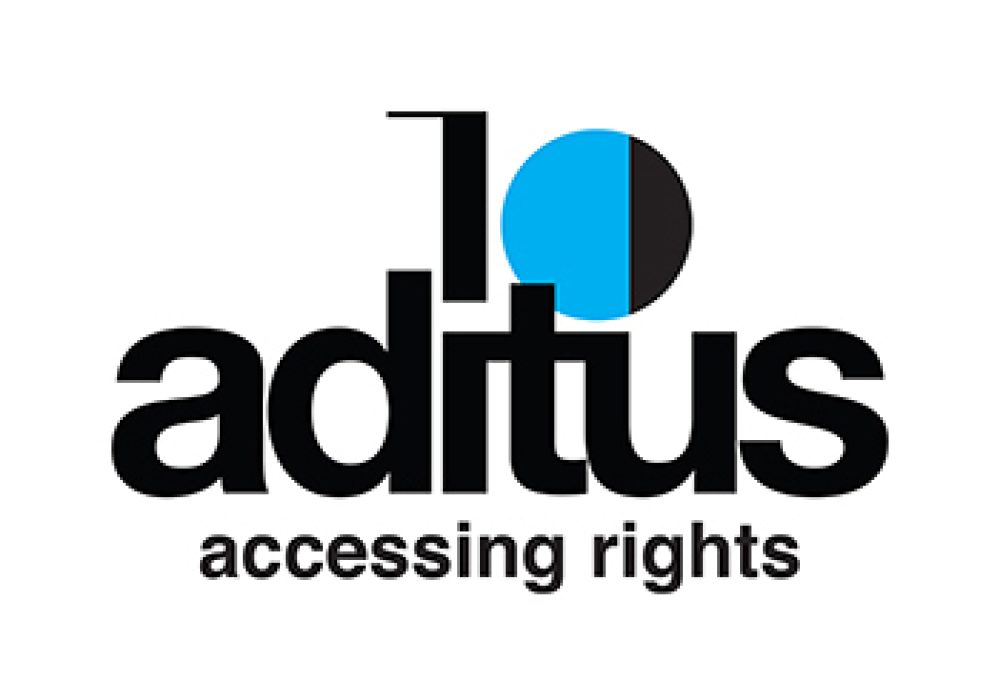

24 January 2024
The Broadcasting Authority’s (“BA”) recent decision to fine the Church-owned radio station RTK is a threat to free speech, inverting the purpose of the authority’s existence.
The BA has ordered RTK to pay a €6,410 fine after radio show host Andrew Azzopardi said he would never allow racist and xenophobe Norman Lowell on his show and would not obey any directive to host him. Lowell’s far-right organisation, Imperium Europa, filed a complaint with the Broadcasting claiming Azzopardi’s comments constitute political censorship and a threat to the Broadcasting Authority.
Whom to invite as a guest on one’s programme is an editorial decision that should be taken freely by the programme host and broadcaster. The implications of the BA’s decision to fine RTK over Azzopardi’s remarks are that:
a) no privately-owned broadcaster may refuse to give Norman Lowell or his far-right organisation airtime for fear of being fined by the BA, yet simultaneously faces the possibility of being fined by the BA for providing a platform to a guest whose known views have previously resulted in a successful BA complaint;
b) anyone or any entity excluded from a broadcast programme may successfully file a BA complaint on the basis that another individual or entity was a guest on an earlier edition of the same programme;
c) broadcasters or programme hosts may take pre-emptive editorial decisions to avoid being fined, resulting in a chilling effect on media freedom.
In this context, we note the following.
- The far-right organisation’s claims of political censorship and a threat to the BA are overestimated and misplaced. Censorship is a state action but RTK is neither the state nor is it state-owned or state-operated. Azzopardi’s refusal to obey a potential BA directive to host an extremist on a privately-run radio show is an editorial decision and is legally correct. It is the prerogative of radio hosts and editors to decide who should be invited on air and there is no legal obligation to comply with a directive that would itself be illegal by ordering a broadcaster to host a guest whose expressed views had previously resulted in sanctions.
- Any BA directive to host a guest whose presence on air had previously resulted in fines and a suspended prison sentence would be logically and legally unsound: in 2010, the BA had fined PBS for hosting “a person who is known for the fomenting of racial hatred and for their offensive opinions”; in 2013, an appeals court confirmed a judgement finding Lowell guilty of three charges of inciting racial hatred and sentenced him to two years imprisonment suspended for four years and a fine of 500 EUR; in 2019, the BA fined TV channel FLiving €1,160 for hosting Lowell as a European Parliament candidate.
- The BA’s decision is based on article 34(1)(a) of Chap. 350 which concerns unfair and unjust treatment. But Art 34(3) says “unjust or unfair treatment” includes treatment which is unjust or unfair because of the way in which material included in a programme had been selected or arranged (emphasis added), i.e. it applies to broadcasting that has already occurred and not to broadcasts that may occur in the future, as Azzopardi’s comments did.
- The rules on broadcast platform access for political candidates and apply principally in the context of political broadcasts during an electoral campaign. The electoral campaign for the European Parliament has not officially begun, as evidenced by the fact that the current European Parliament has not been dissolved.
- As stated in the law, racial equality is a fundamental human right which broadcasters and all viewers and listeners have a legal duty to observe, including and particularly the BA whose remit includes ensuring that the fundamental right is observed rather than violated.
- Xenophobia and racism are not “political opinions” to be discussed as rational policy options any more than one should discuss whether slaves should be freed, whether women should be entitled to vote, or whether migrants should be shot at sea or allowed to drown. There is no legal entitlement to foment racial hatred, whether during or outside electoral campaigns, an action that violates the law, as previous BA and court rulings against Lowell have shown.
- The law gives clear guidelines to broadcasters in the Requirements as to Standards and Practice on the Promotion of Racial Equality, S.L.350.27. It prohibits broadcasters from hosting persons with racist ideas and opinions during programmes discussing racism and it explicitly prohibits them from broadcasting illegal content, such as incitement to hatred, in all programmes. Regulation 5.3 of the Requirements clearly states that “the act of remaining impartial when inciting events of racial hatred may be tantamount to supporting them. Hence all broadcasters must clearly state their position against racial discrimination”. Azzopardi, as a radio show host, was following the Requirements to the letter and simply stated what had already been declared by the BA and the Criminal Court of Appeal and is in the public domain.
- We are not privy to the manner in which the BA board’s vote on the far-right organisation’s complaint was taken, nor the way in which each member voted as this information is not published and freely available.
- We further note that the secretary of the BA board, the lawyer Adriano Spiteri, was actively involved in Imperium Europa himself and was secretary-general of the far-right organisation until 2023, during which term he represented the organisation as its lawyer in a 2020 complaint to the BA board.
Media enquiries:
The Daphne Caruana Galizia Foundation: corinne@daphne.foundation
aditus foundation: carlacamilleri@aditus.org.mt
